A passion for the seas - the most significant part of the cosmic body of planet Earth
03/11/2021
Climate change and greenhouse gas emissions are key focus areas in Cargotec’s efforts to improve its environmental sustainability. From the perspective of Maiju Karsikas, Director of Contract Management at MacGregor, we all share the duty to preserve marine environments for generations to come – and leave the planet, at the very least, in the same state as we found it. Maybe nature is our most significant stakeholder?
AUTHOR: NETTA HEIKKILÄ
One of the most fundamental questions that societies and humankind contemplate is their connection to nature; Are we a part of nature or separate from it? Our planet – Earth – has given the material basics for humankind's embodied experience and preconditions to adapt and evolve. From a broad perspective, human bodies live in symbiosis in the cosmic body of the planet Earth. Yet, today human societies sometimes seem to live as parasites, in non-mutual symbiosis at the expense of their host, The Planet Earth.

Maiju Karsikas has experienced that as a part of our planet, the sea sometimes demonstrates its power in very concrete ways. Maiju nearly didn't make it to her first day of work at MacGregor Kaarina, due to the moody sea - this time too calm of a kind. It was a sweltering hot summer and there was barely a breath of wind. Maiju and her family cast off from the life they had built over the past eight years on the West coast of Norway towards a new start in Finland.
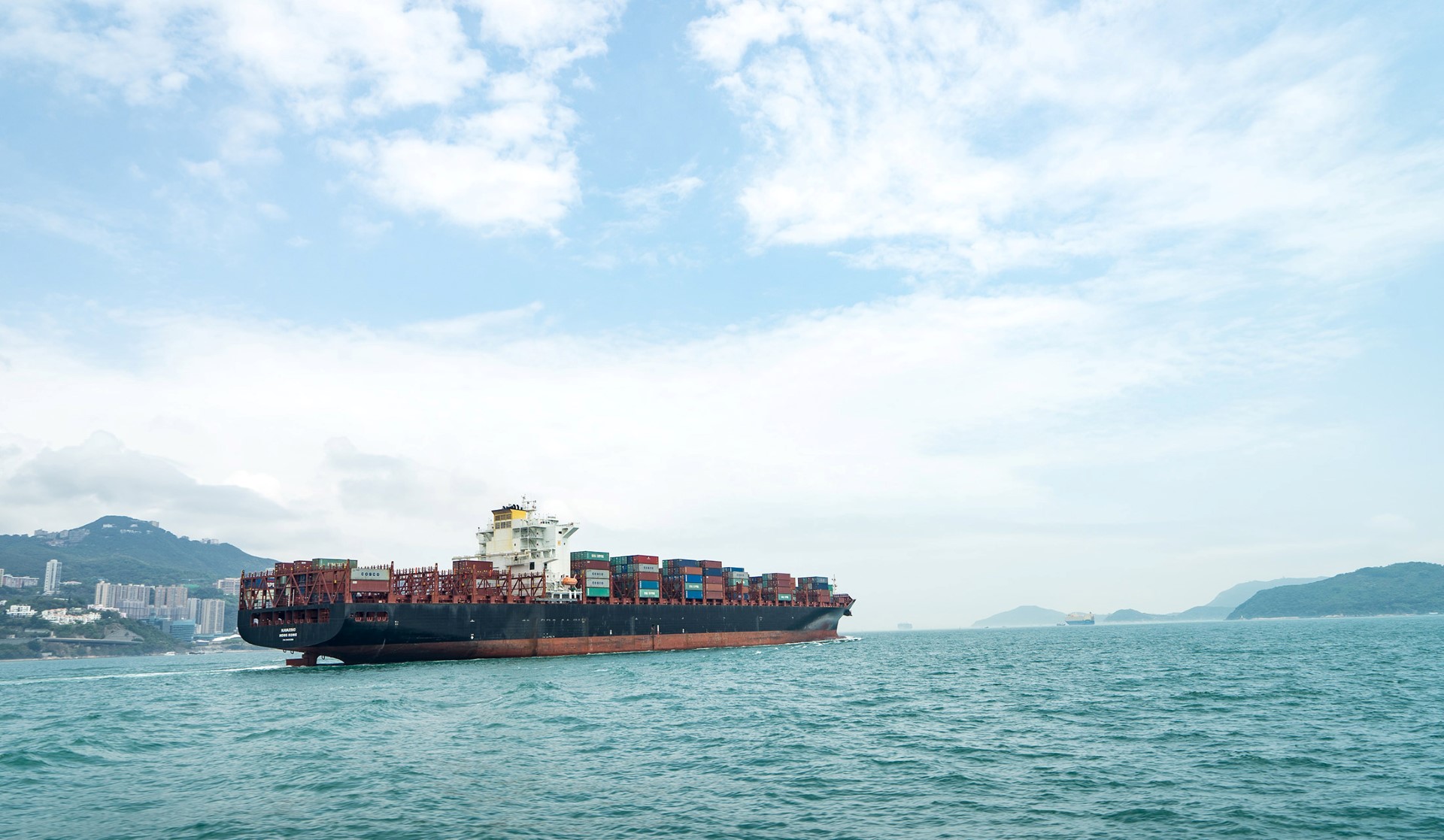
Maiju recalls passing the MacGregor office in Arendal, Norway, and thinking to herself, “That's the same company I'm going to be working for in Finland, but I still have some 800 nautical miles to go to reach my new office’s location.”
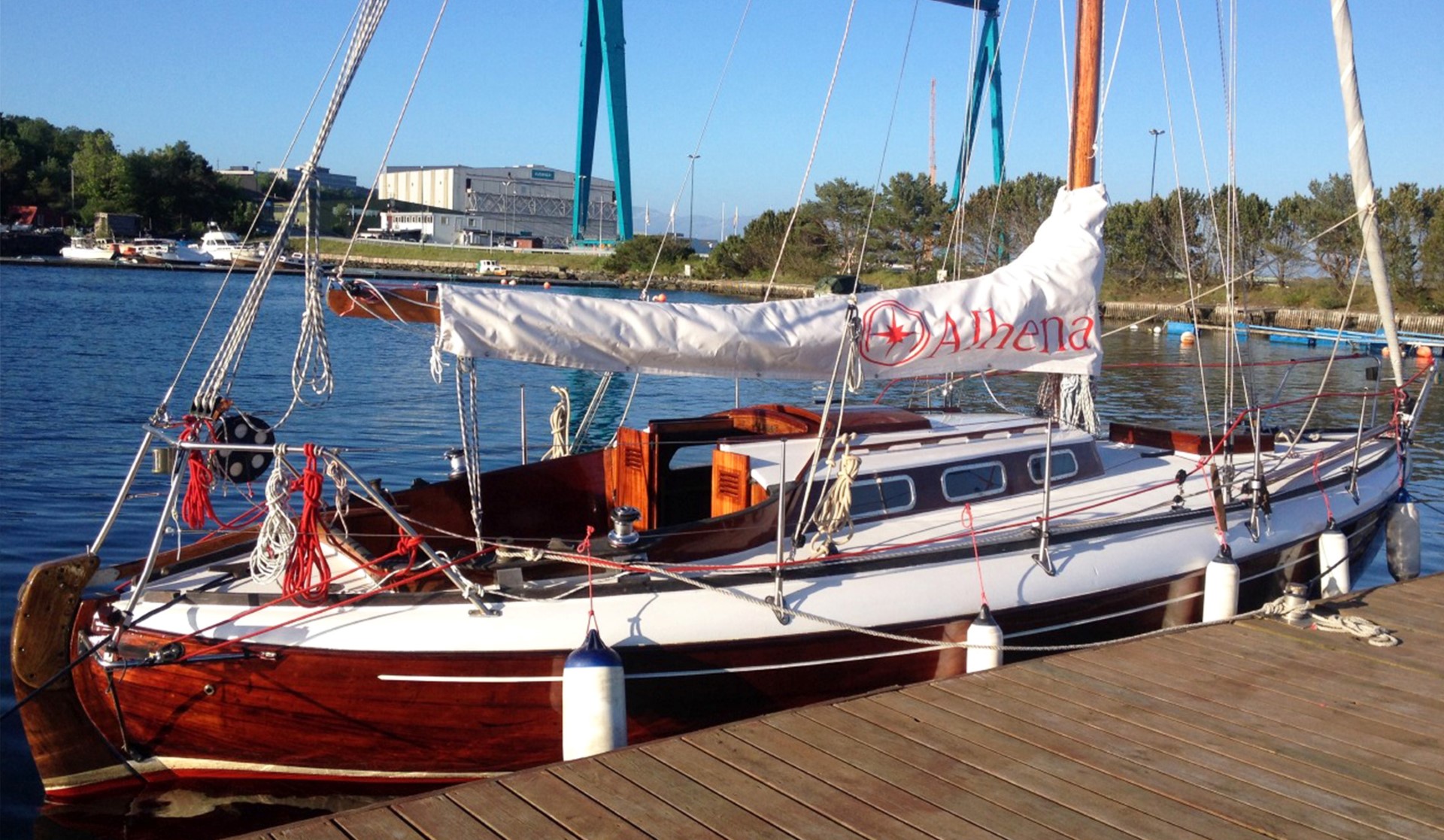
The decision to acquire Alhena, a beautifully crafted mahogany sailboat Built in Sweden in 1953, was made on the spur of the moment. However, there’s not a day Maiju has regretted this decision. The boat has brought her even closer to contemplate her relationship with nature.
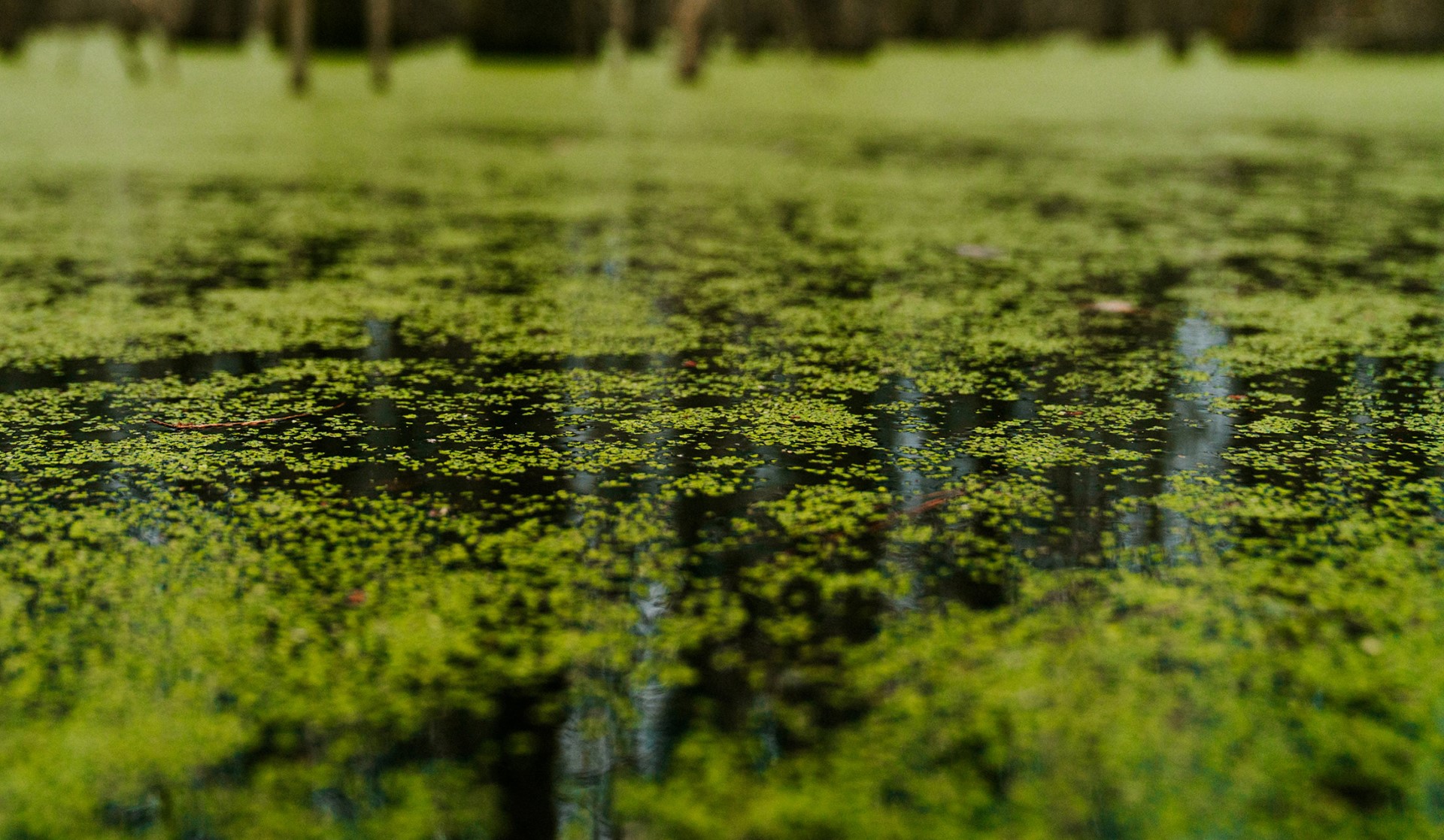
With more than a decade as an accomplished sailor now under her belt, Maiju is in a good position to have observed any visible changes taking place in the marine environment. She voices her worries about the overgrowth of blue-green algae that has covered Baltic waters over the past hot summers – a consequence of human activity combined with rapidly warming seas.
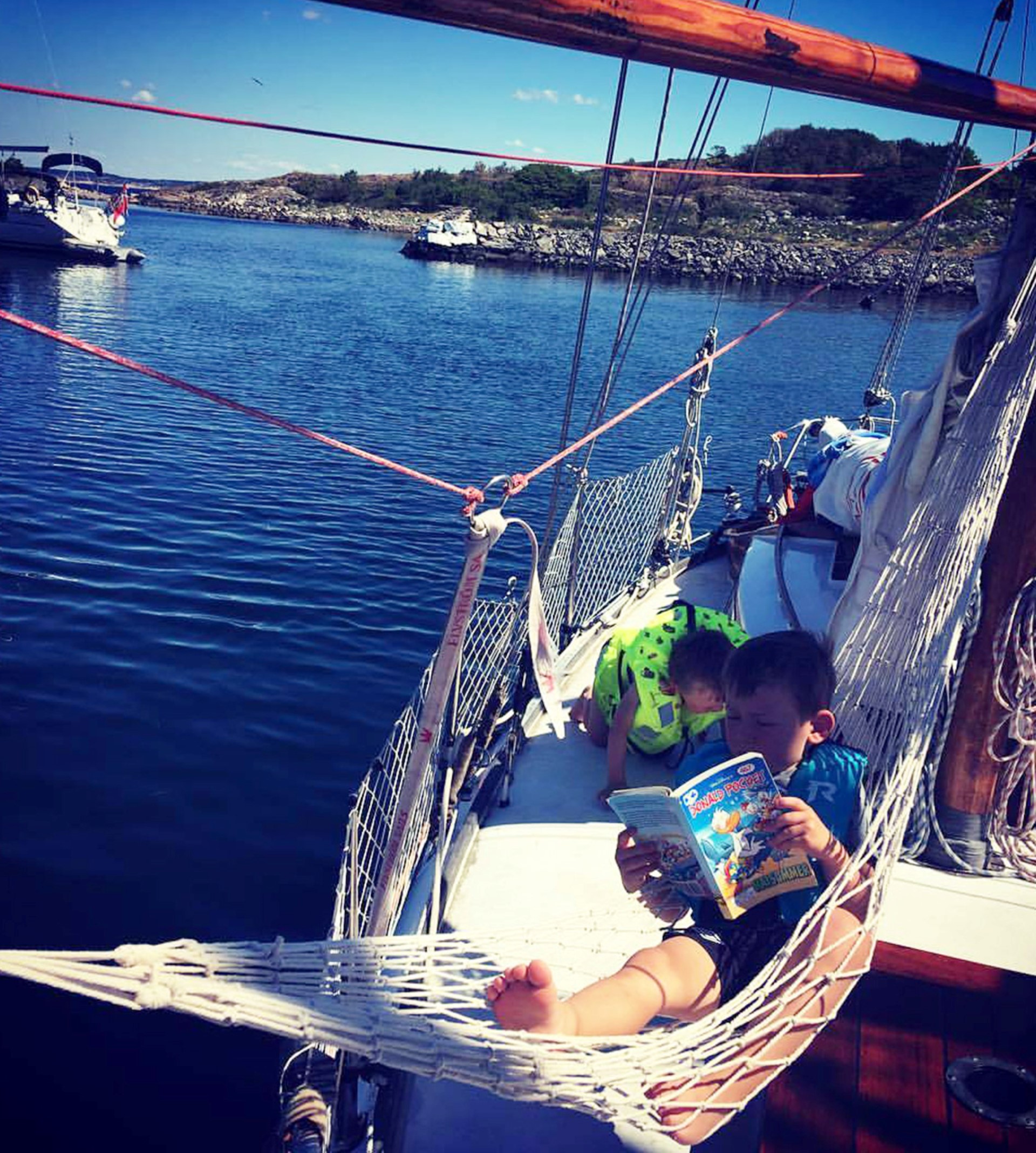
It’s Maiju’s fond hope that her children will grow as attached to nature and Alhena as she and her partner have become. “There are skippers who came before us, and I know that there will be others after, but only if we take good care of the surrounding nature. And of course, Alhena. She’s a unique vessel that cannot be replaced, just like our planet. It is up to us to secure its future.” Maiju contemplates.
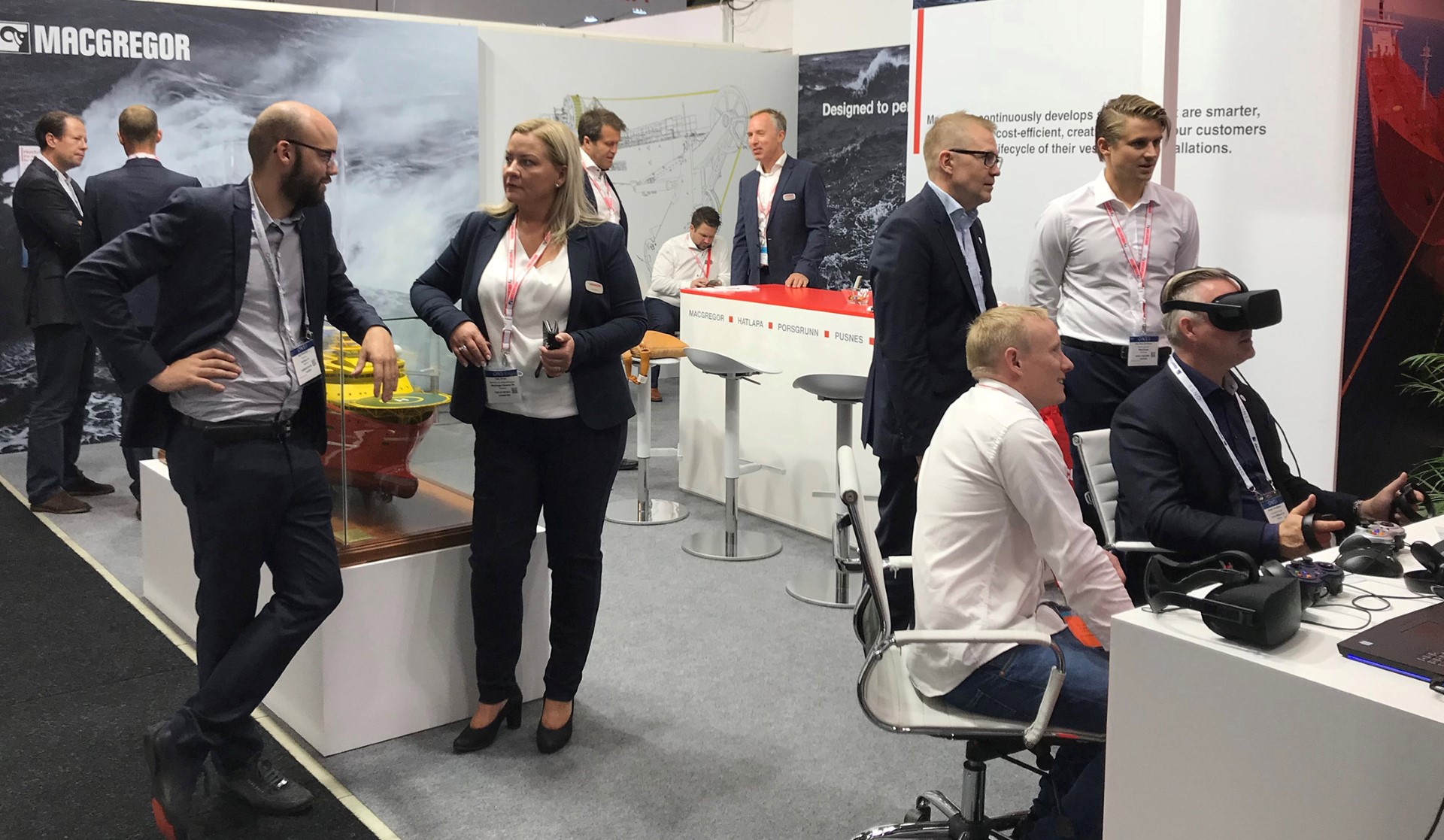
Appreciation for hard work and a commitment to sustainability are significant aspects also in Maiju’s working life. “Especially now, I'm really proud that we have sustainability driving our strategy forward at MacGregor and Cargotec,” she says.
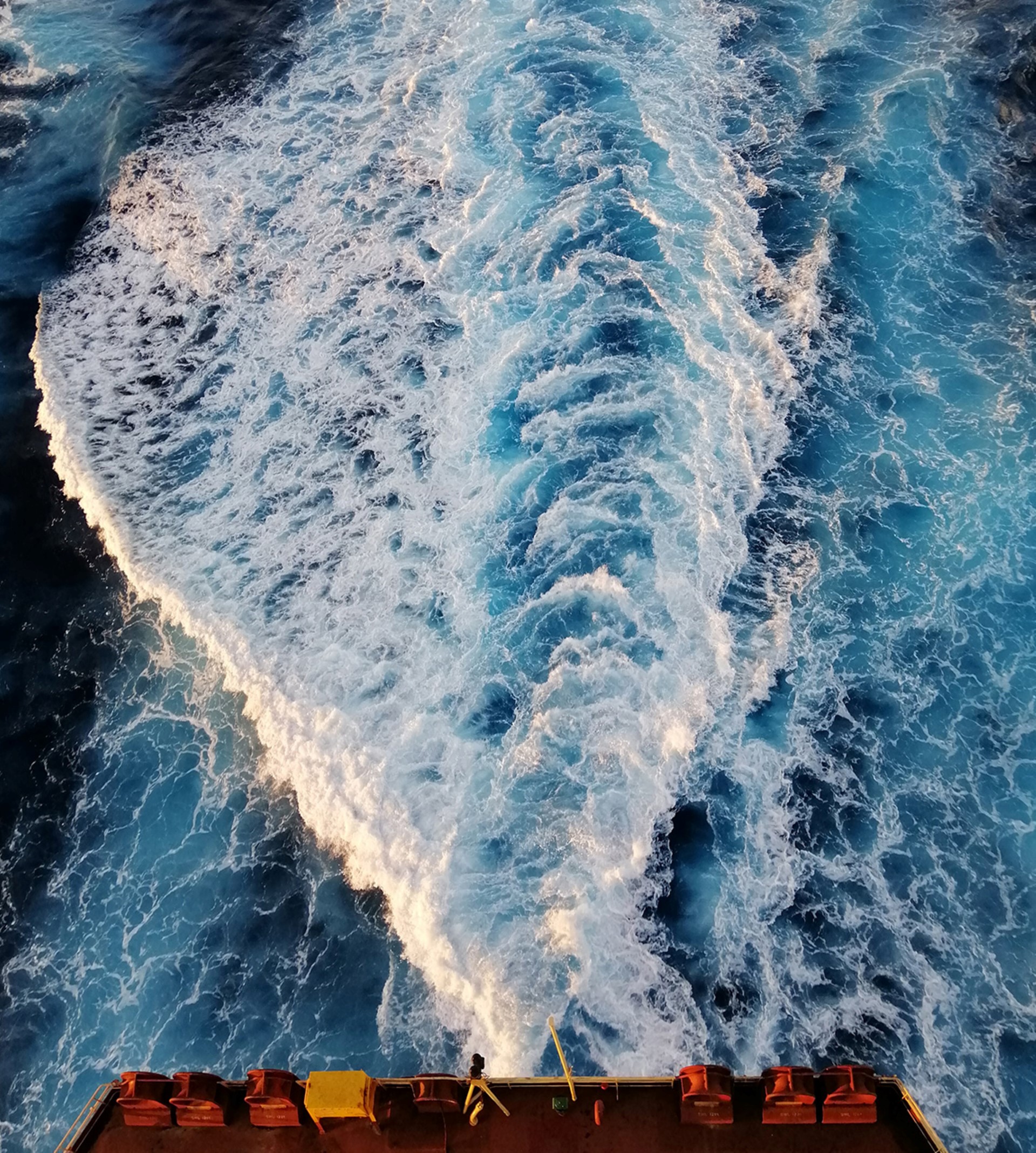
Maiju strongly believes that environment and people, thus organisations and businesses, should live in harmony. Companies depend on the earth as a whole, as well as local level ecosystems. Planet Earth can destroy organisations in the form of extreme weather phenomena, and organisations in turn can deplete natural resources by contaminating and overconsuming.

An economist and political scientist by education holding master’s degrees in both fields, Maiju fully comprehends the necessity for businesses also to maintain their profitability: “There’s an ongoing debate about whether the environment could actually be treated as a primary stakeholder. From the perspective of climate change, it definitely should. Companies simply must take the environment and the climate into consideration.”
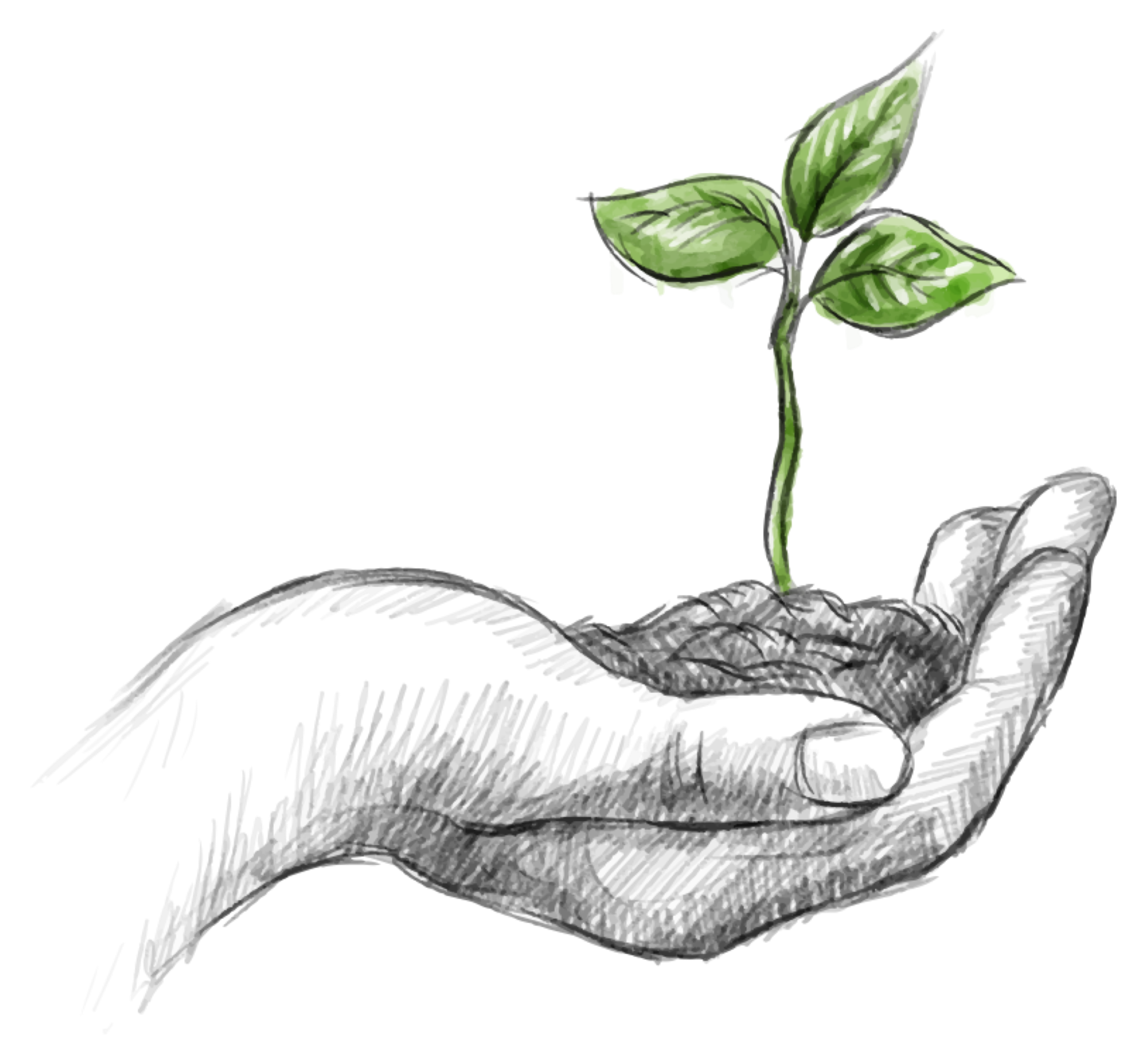
In the end, there is no pricing for something that is regarded as priceless. Although the environment does not share an economic relationship with businesses, there is no other stakeholder that would exchange with business organisations to the same extent as the environment does. No amount of money or innovative technology could be an alternative for a healthy ecosystem and a stable climate.
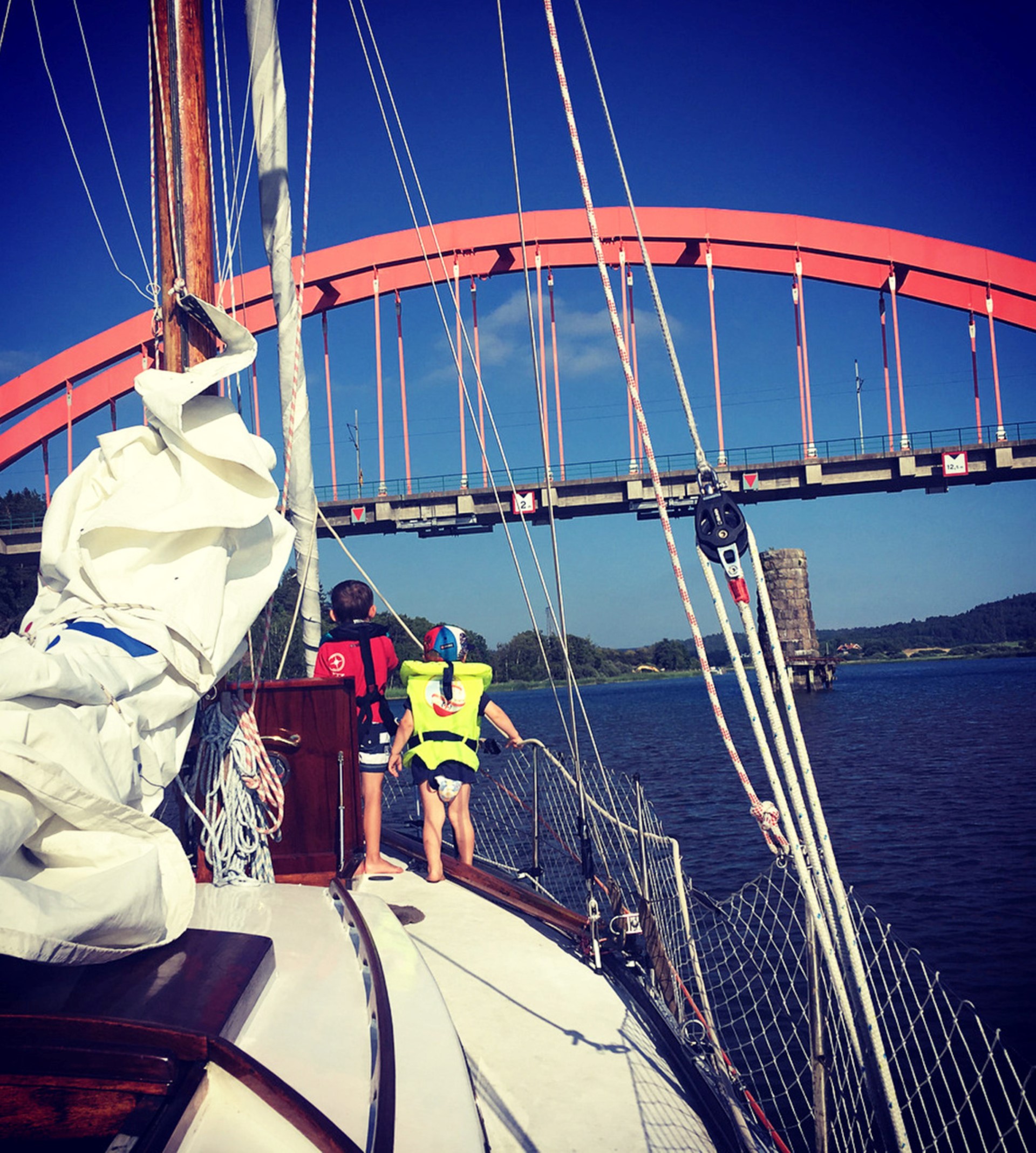
“When you consider the climate crisis and the long-term repercussions that it will bring, it’s clear that we need to respect nature while also addressing it from a business perspective. Even though it's a bit of a cliché, it’s true that you can adjust the sails, but you cannot control the wind. In the same way, you can’t control the environment. But you can aim for harmony and try to learn from it.” Maiju remarks.
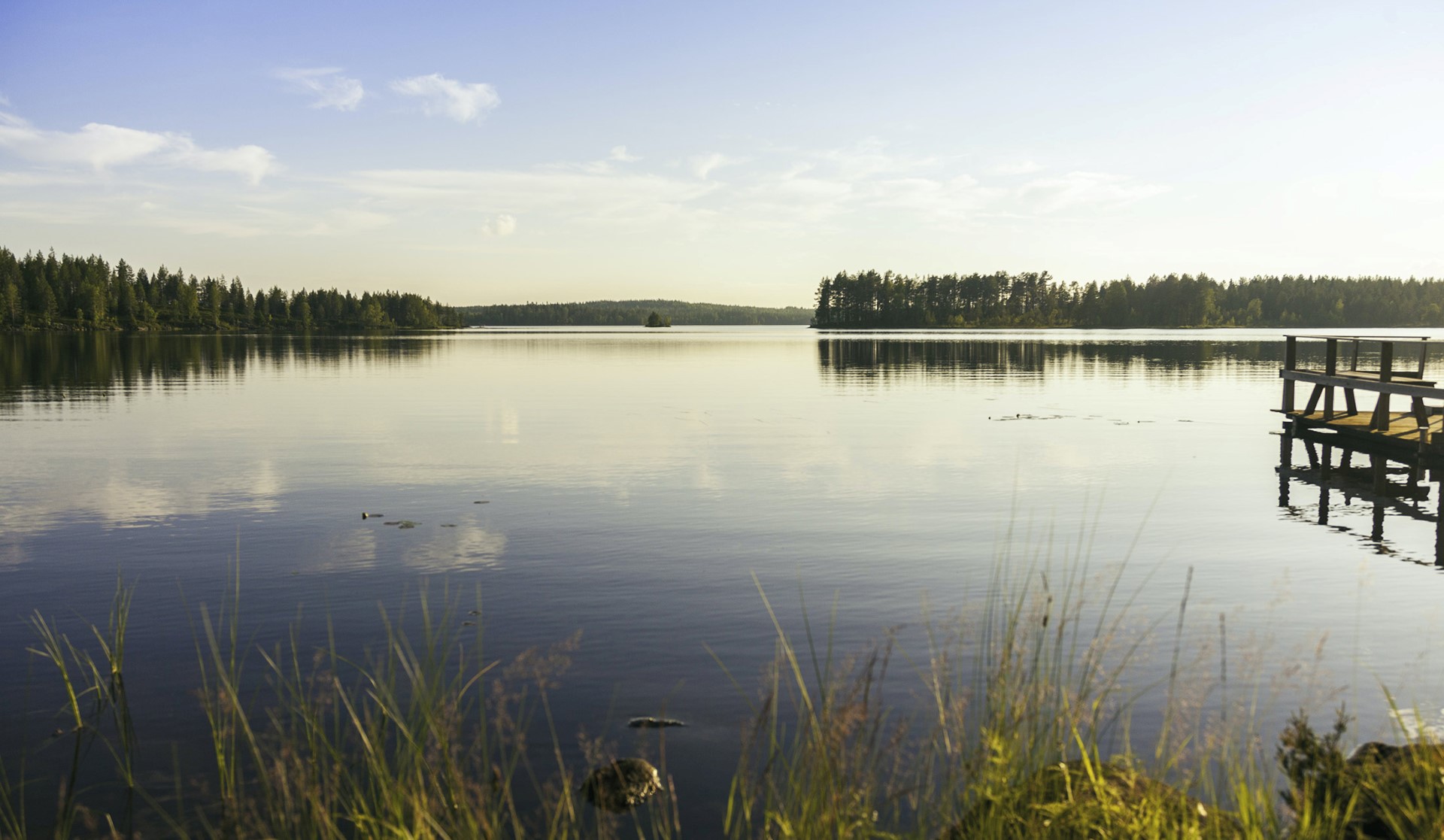
If businesses would seek greater recognition to perform analysis on the dynamics of the natural environment, they could also gain a better understanding of the strategic landscape. The forms of how natural phenomena, such as floods and fires, will affect markets and other stakeholders of an organisation represent valuable long-term strategic information for companies.
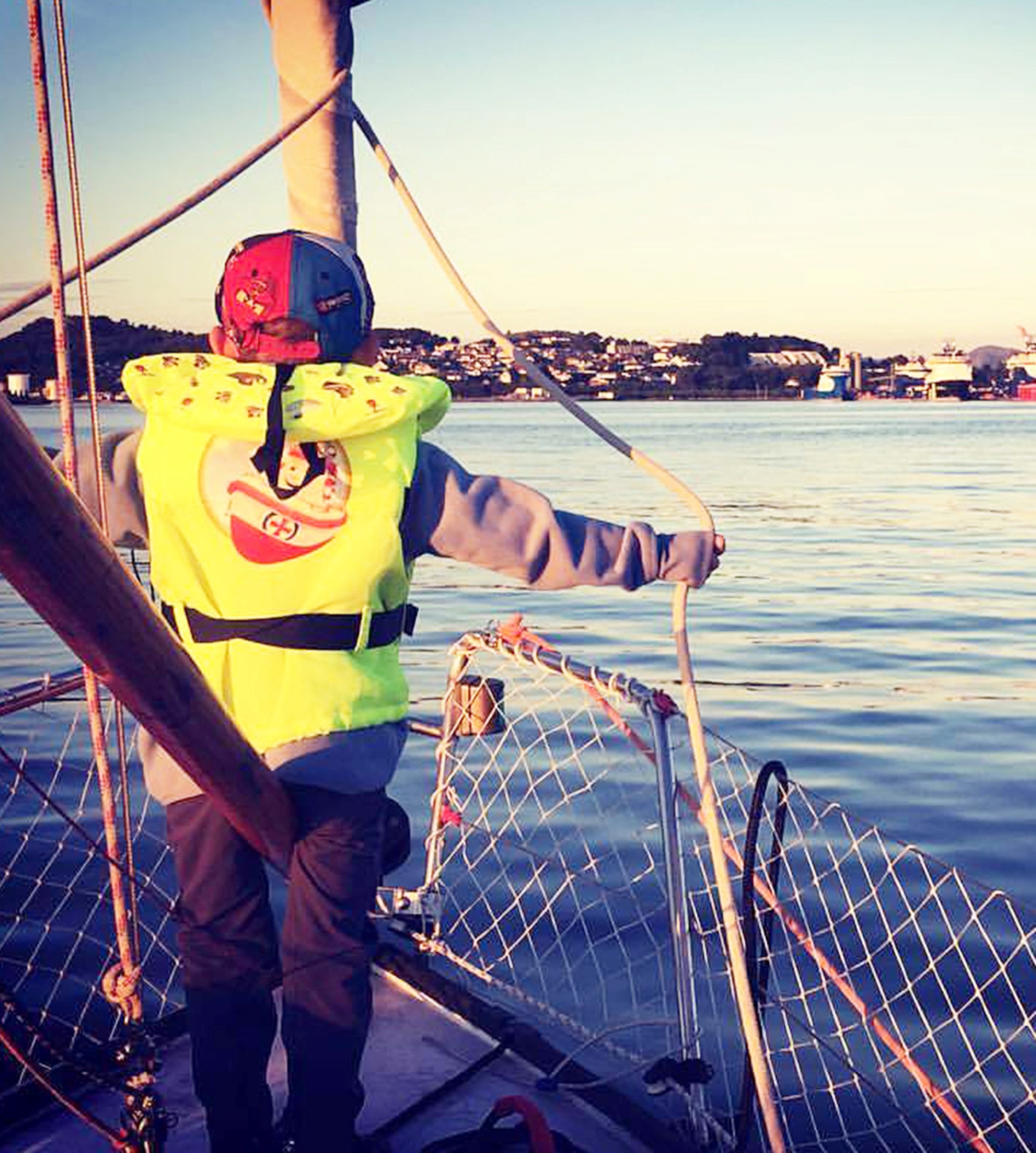
However, nature's will is hard to identify. It is unaware of the power it possesses and not willingly able to exert it on organisations. Therefore, nature relies on the voluntarism of the business managers or on the altruism of other powerful stakeholders, such as consumers, to harness its power. Just as we depend on nature, nature’s future depends on us.
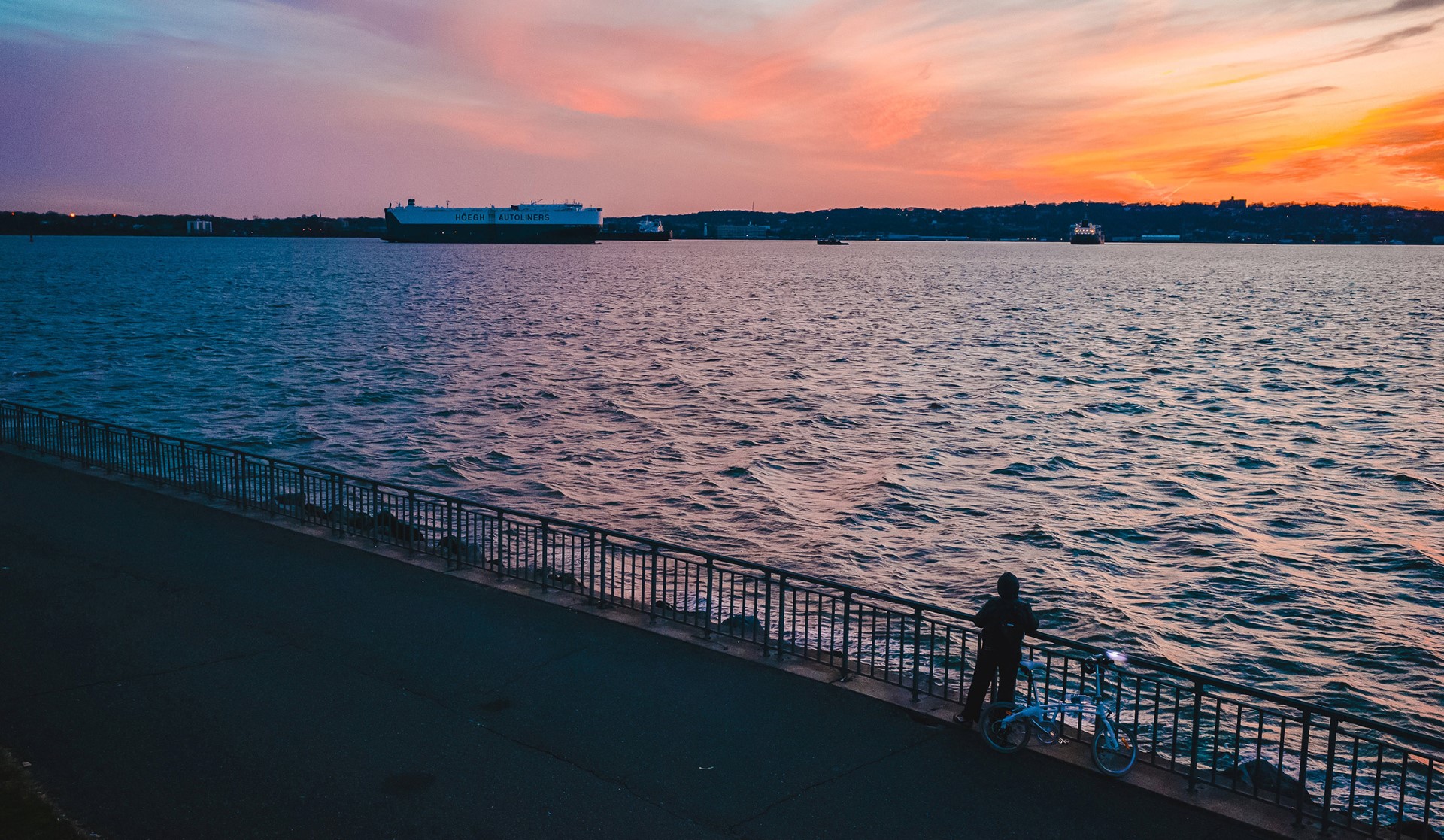
“Ultimately, the environment is a superior stakeholder, something that we must learn to respect.” Maiju concludes.
